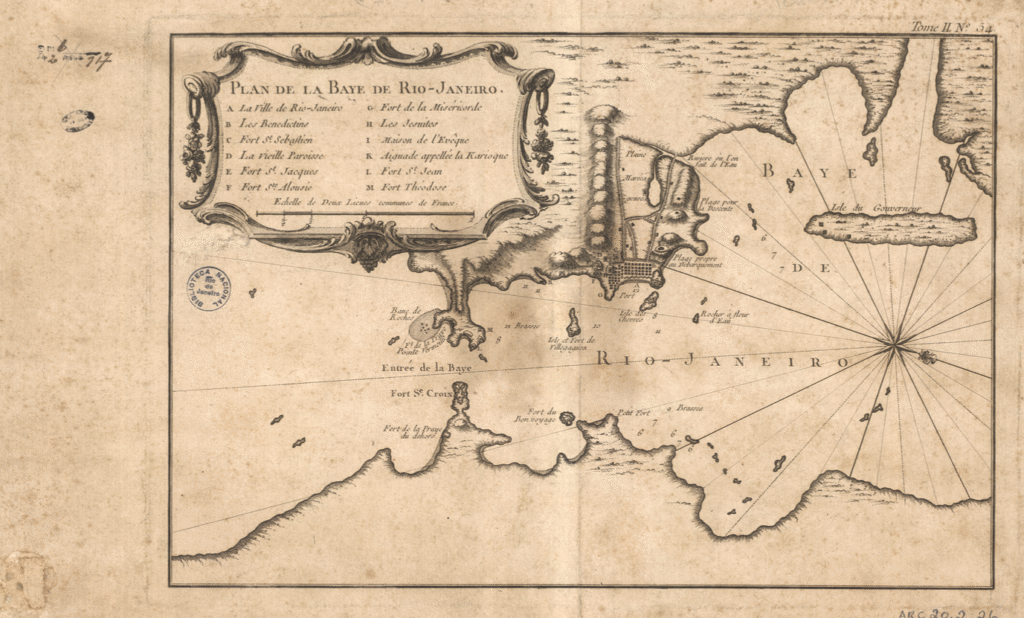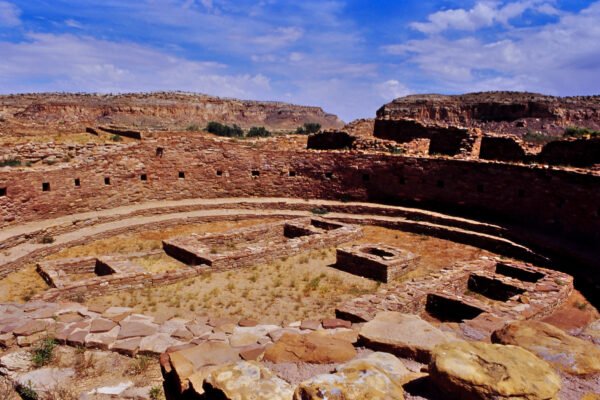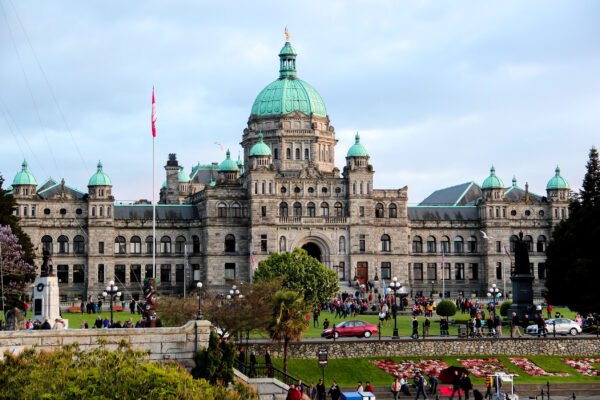The Story of Rio de Janeiro’s Name

From the towering Christ the Redeemer statue overlooking the city to the vibrant shores of Copacabana Beach, Rio de Janeiro pulses with an unmistakable energy. Nestled between lush mountains and the vast Atlantic Ocean in southeastern Brazil, this city is a global hub for culture, tourism, and commerce, home to a population exceeding six million people.
While its world-famous Carnival and stunning landscapes capture the world’s imagination, the city’s full name, São Sebastião do Rio de Janeiro, holds a fascinating story of exploration, faith, and a simple yet profound misunderstanding.
This article explores the origins and history behind this iconic name, revealing how a geographical error shaped a city’s identity.
The Origins and Etymology of Rio de Janeiro
The name “Rio de Janeiro” literally translates from Portuguese to “River of January”. The term rio means “river”, and janeiro is the word for the month of January. This name originates from a specific historical event that is well documented by historians.
On January 1, 1502, a Portuguese expedition arrived at the coast of what is now Brazil. According to historical sources like Britannica, explorers, likely led by Gaspar de Lemos and possibly including Amerigo Vespucci, sailed into a massive coastal bay. Due to the bay’s wide and impressive entrance, they mistook it for the mouth of a large river. Combining the geographical feature they believed they had found with the date of their discovery, they named the location “Rio de Janeiro”. This practice of naming places based on calendar events or geographical features was a common Portuguese tradition during the Age of Discovery.
While the core of this origin story is widely accepted, some historical accounts present minor variations. For instance, there is scholarly debate over whether the expedition was commanded by Lemos or another explorer named Gonçalo Coelho. These differences typically stem from varied interpretations of the few surviving sources from that era. However, these debates do not challenge the central theory that the name arose from a navigational misperception. There are no significant competing theories about the name’s origin.
The name evolved further when the city was officially founded decades later. On March 1, 1565, the Portuguese military commander Estácio de Sá established a settlement to secure the region against French colonists. He named the city São Sebastião do Rio de Janeiro. The addition of “São Sebastião” served two purposes: it honored Saint Sebastian, the patron saint of the Portuguese monarch at the time, King Dom Sebastião. This reflects the powerful influence of both religion and royalty in Portuguese colonial expansion.
A common misconception that persists today is that the name refers to an actual river. In reality, the city is situated on the beautiful Guanabara Bay, and its name is a permanent reminder of the first impression it made on European explorers.
Historical Discussions and Lasting Legacy
The establishment of São Sebastião do Rio de Janeiro was a strategic move in a larger geopolitical conflict. Historical discussions highlight that the city’s founding was crucial for asserting Portuguese claims over the territory against French attempts to establish a colony in the 16th century. The city began as a defensive outpost, and its name became a symbol of Portuguese presence and authority in the region.
The name’s prominence grew as the settlement expanded. What began as a designation for a bay in 1502 became the formal name for a city in 1565. As detailed by sources like Wikipedia, Rio de Janeiro’s importance continued to rise, and it served as the capital of colonial Brazil and later the independent nation from 1763 until 1960, when the capital was moved to Brasília. This long history cemented its name in the global consciousness.
Ultimately, the name “Rio de Janeiro” symbolizes the rich blend of European exploration and the indigenous landscapes of the Americas. It tells a story of discovery, colonial ambition, and the creation of a unique cultural identity. This historical quirk, born from a simple mistake, adds a layer of depth to our understanding of modern Rio. By appreciating the story behind the name, we can better connect with the city’s complex history and its enduring appeal as a global melting pot.



Leave a Reply